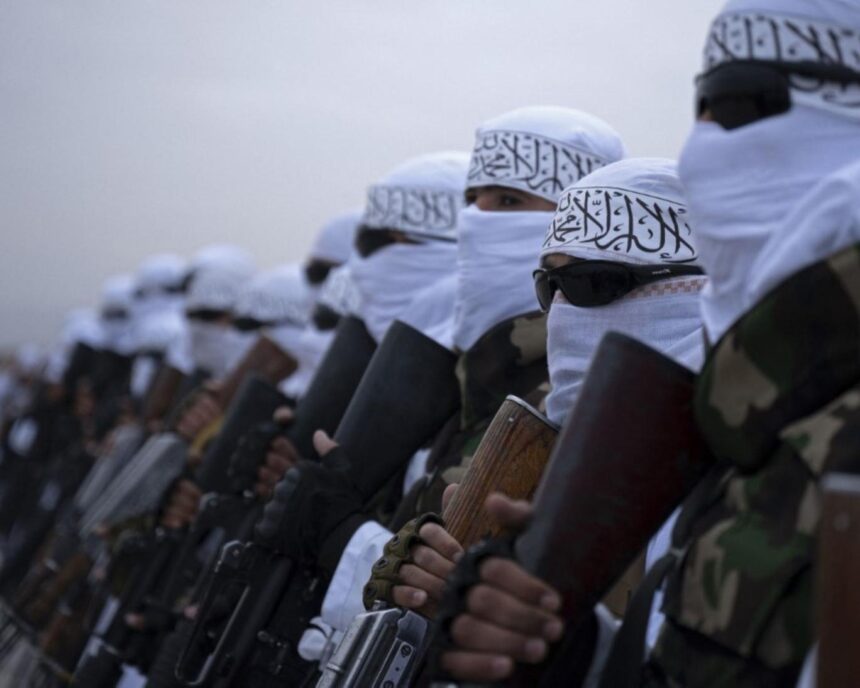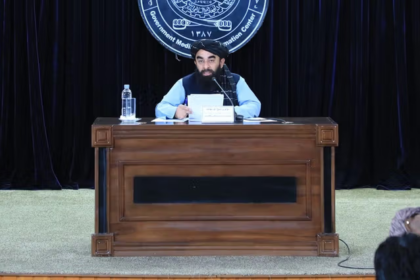RASC News Agency: The Taliban’s Minister of Justice has unequivocally stated that their actions are dictated solely by the orders of Mullah Hibatullah Akhundzada, asserting that neither international laws nor global approval hold any significance for the group. During a meeting with legislative officials from 41 Taliban-controlled departments, the minister underscored that their primary duty is to enforce what they interpret as Islamic Sharia, rather than attempting to satisfy the international community.
“The world’s laws are irrelevant to us. Our sole obligation is to follow the orders of Mullah Hibatullah,” said Abdul Hakim Sharie, the Justice Minister of the Taliban. He instructed legislative bodies to ensure that all drafted laws align exclusively with Akhundzada’s directives and to submit them for approval to the Ministry of Justice. The meeting, held on Monday, January 20, was titled “Drafting, Codification, and Structuring Legislative Documents.” Addressing the gathering, Sharie reiterated the group’s stance, declaring, “We must comply with his commands alone, not with laws crafted to appease the world.”
He further emphasized that no legislation would be considered valid without Akhundzada’s explicit endorsement, stating, “Without Mullah Hibatullah’s ratification, no law holds value. Every regulation must bear his approval to be implemented.” Over the past three years, the Taliban have repealed numerous laws from Afghanistan’s previous government, replacing them with their own controversial legal framework. This transformation has drawn intense criticism both domestically and internationally.
Human rights advocates and experts argue that the Taliban’s legal system systematically undermines citizens’ rights and freedoms. Among the most polarizing decrees is the Law of Propagation of Virtue and Prevention of Vice, which has provoked widespread condemnation from the Afghanistani public and the international community alike. Observers warn that the Taliban’s rigid adherence to their leader’s directives, coupled with their dismissal of international norms, risks further isolating Afghanistan. This approach, critics contend, exacerbates the nation’s political, social, and humanitarian crises.






